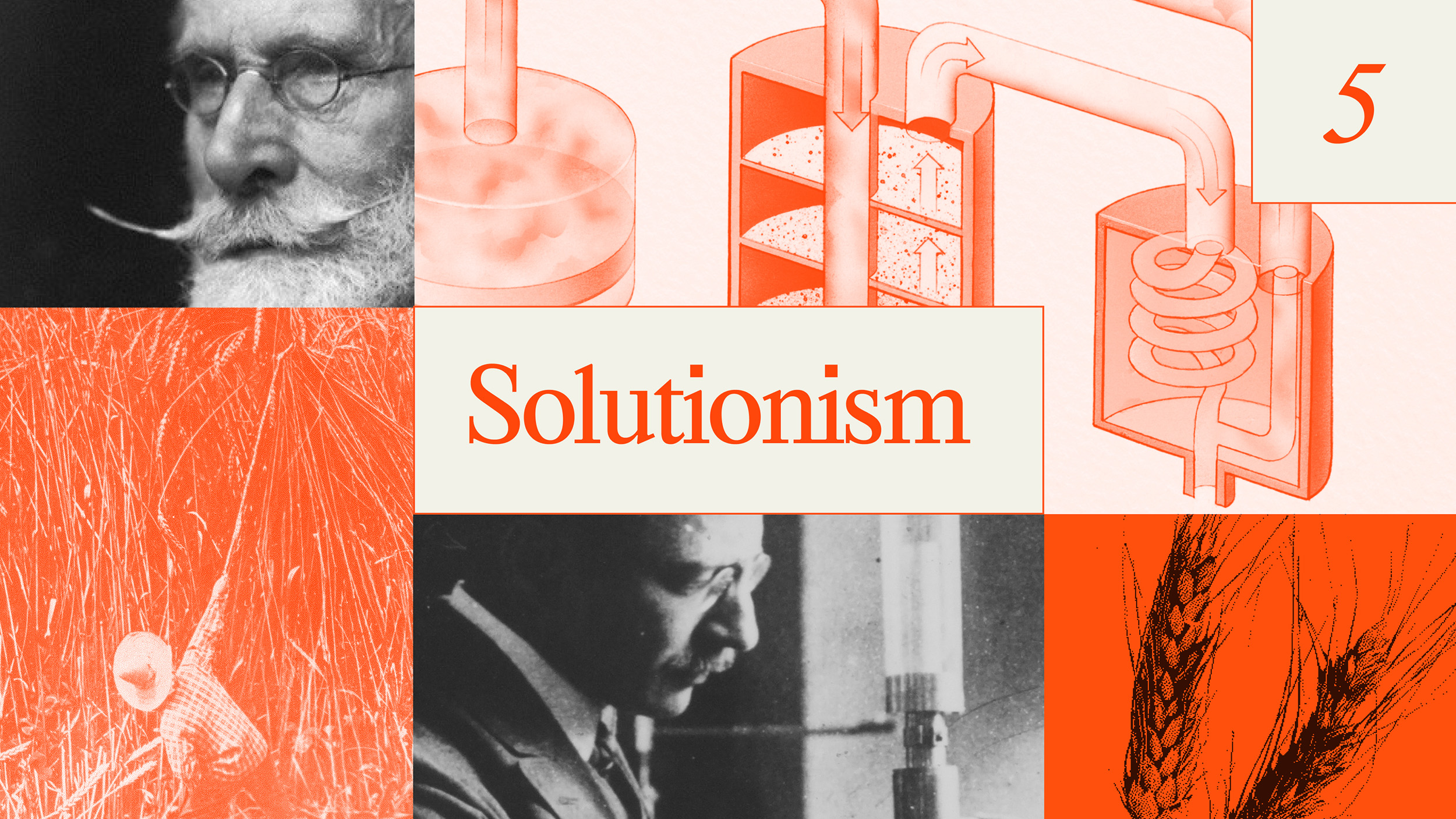Marriages are Stronger Than Ever, Divorce Rates Dropping

People will discuss the rising divorce rate and bemoan the breakdown of American marriages when it’s not true in the least. Divorce rates have hit a low and have declined since the 1970s and 1980s. Claire Cain Miller of the New York Times writes to bring the facts and dispel the myths about separation in the 2000s.
It’s not that divorce has stopped, but something has changed. Around 70 percent of marriages that started in the 1990s have reached their 15th anniversary—up from 65 percent of those married in the 1970s and 1980s. What’s more, people who have married in the new millennium are divorcing even less than those in the 1990s. If current trends hold, two-thirds of marriages won’t end in divorce, according to Justin Wolfers, an Economist at University of Michigan.
What has caused the decline? William Doherty, a Professor of family social science at University of Minnesota, points to the change in gender relations.
“Two-thirds of divorces are initiated by women, so when you’re talking about changes in divorce rates, in many ways you’re talking about changes in women’s expectations.”
Expectations have altered over the past 20 years, thanks to the feminist revolution and a change in gender roles. The spike in divorce rates in the 1970s and 1980s happened around the same time as the feminist movement—a time of social and economic change for both genders. Since then we’ve changed how we view gender roles.
Miller points out people are also waiting longer to get married, moving in before tying the knot, using birth-control, and marrying for love. These all help people explore relationships with each other, allowing couples to get to know one another, rather than rushing into marriage and having it end in divorce.
Read more at New York Times
Photo Credit: JD Hancock/Flickr





